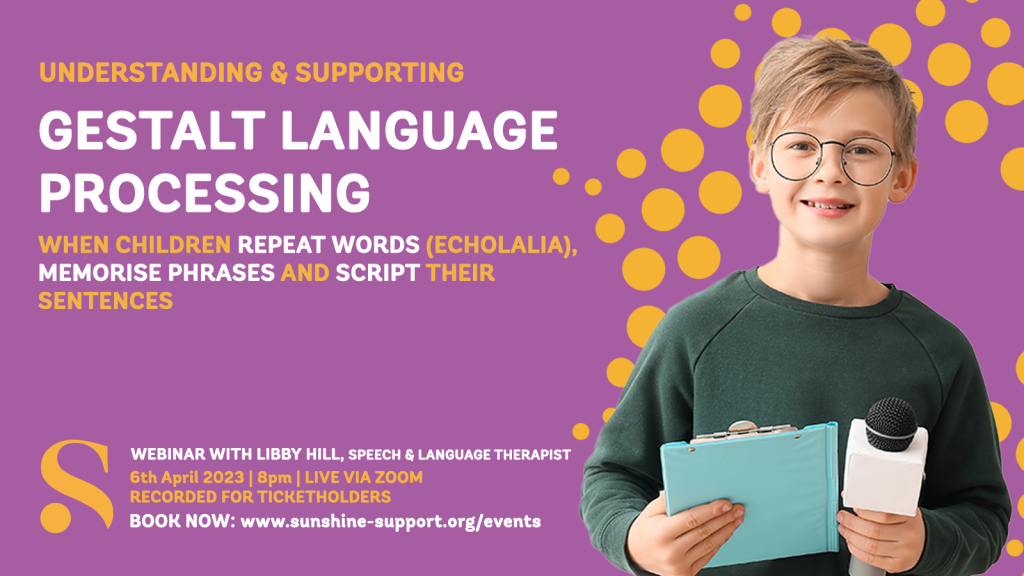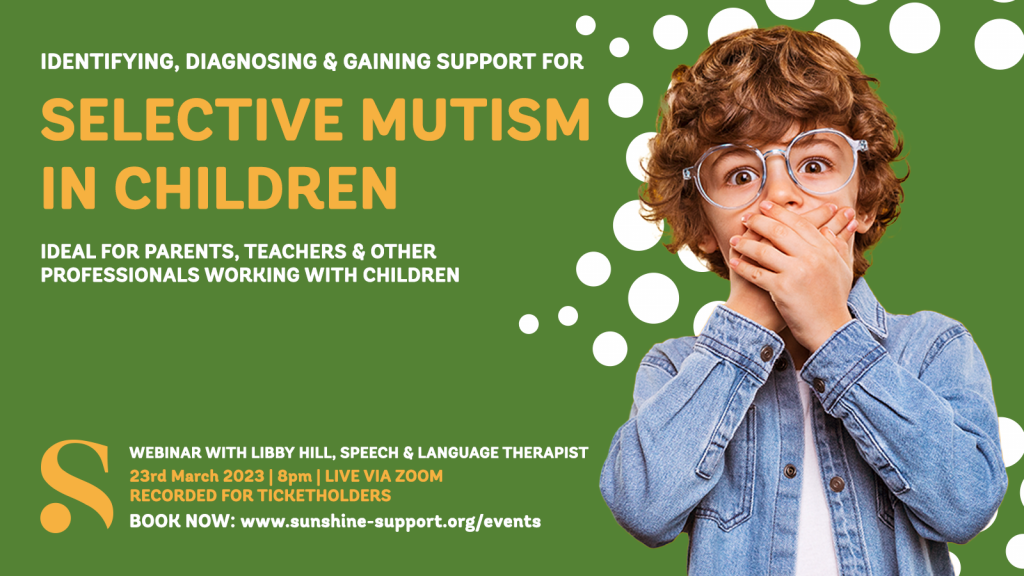
To clarify, I am neither an expert in psychiatry or social care. I am writing this out of concern after recently having my attention brought to some shocking information concerning those who are diagnosed with Borderline Personality Disorder (BPD) or Emotionally Unstable Personality Disorder (EUPD).
I would also like to confirm that I am not trying to disparage the existence of BPD/EUPD, I have no right to do so or any evidence to even attempt to.
What has become increasingly apparent to me over the last few months is the alarming numbers of people, especially women, who are wrongly diagnosed with BPD/EUPD. As it turned out, many of these people are actually neurodivergent, being either Autistic or with Attention Deficit Hyperactivity ‘Difference’ (ADHD) or often both.
The next logical thing to do would be to present the evidence; however, the problem is… there is none. Or at least there is very little.
This ongoing problem seems to be screaming “I AM HERE! LOOK AT ME LOOK AT ME!”, right in the faces of so many health and social care professionals I have come across, so why is it not being acknowledged on a larger scale? Yes, there are constant cutbacks to social care funding and a huge lack of training and understanding, but ignoring any problem won’t make it go away.
What actually is BPD/EUPD?
The DSM-5, in my opinion, is in no way a good depiction of neurodiversity or mental health and wellbeing; however, it is used at the base manual for diagnostic assessments. Having studied the criteria for BPD, here are a few of the features I have picked out:
- Frantic efforts to avoid real or imagined abandonment
- A pattern of unstable and intense interpersonal relationships characterised by alternating between extremes of idealisation and devaluation.
- Impulsivity in at least two areas that are potentially self-damaging
- Chronic feelings of emptiness
- Inappropriate, intense anger or difficulty controlling anger
My question, what on earth do these symptoms have to do with a person’s personality? These attributes to me look more like features of complex trauma perhaps exacerbated even more with the addition of the intensified emotions that naturally come with being neurodiverse.
Double empathy and Rejection Sensitive Dysphoria (RSD), two common traits occuring in both ADHD and Autism, should be taken into account too, as BPD is widely considered to be an attachment disorder.
Call it what it is, modern day hysteria.
Hysteria is the oldest and very first “mental disorder” attributed to women, first mentioned over 4000 years ago in ancient Greece. It was the label given to those who had an “emotional excess”, meaning those who behaved in an emotionally charged way and needed to be treated or cured. You would have thought that over 4 millennia with the advancement in scientific, psychological and technological ideas, that we would have moved in from these archaic terminologies. However, what we now refer to as ‘Hysteria Neurosis’ was only removed from the DSM-5 in the 1980’s.
Realistically though, the name may have been erased from the DSM-5 but the concept has not. We have just reworked it a little, called it BPD/EUPD and given ourselves a new label to silence the women whom we perceive as “difficult” or “emotionally charged”.
Again, I do not mean to suggest that BPD/EUPD is not a real condition, but I will state that I believe it is a quick or lazy diagnosis that does not get to the root of the problem.
The trauma.
I would just like to throw an idea into the air for a moment. Consider that the real problem is not actually a disorder or a chemical imbalance or the fact that someone is autistic, but actually the distress and trauma caused by a health professional telling you that your personality is unstable or disordered.
Imagine what that would do to you. Try and live in that moment when you are told that every decision you make, every desire you have and every mental health issue you have lived through has been caused by your whole persona being completely out of whack.
People may not start off broken, but if you insist on repeatedly telling them that they are broken then you will actually break them. Perhaps that is what is really causing the issues.
If this is the case, it could be said that by labelling a person wrongly with BPD/EUPD is in itself causing more issues down the line.
My problem with the Spectrum 10K
There are so many problems with this campaign, some would go as far to deem it a eugenics program. Many people will urge you not to participate.
I am not going to tell you what to do, participate or don’t, it is your choice as an autistic person/person with autism.
My problem with the campaign/research is that I feel it’s just not a good idea. It is a huge and costly venture that is going to do what exactly? Find a way to “cure” something that cannot be cured because it is just a natural deviation is our human neurology? Try to identify a common ancestor we all share that undoubtedly people will all start to blame or worship or whatever?
WHAT IS THE POINT?
If we cannot even identify autistic people in an efficient and non-traumatic way, then what is the point of looking at their DNA?
I will not try to dispute the fact that this research will undoubtedly produce some amazing new data; however, I will argue that we are looking for new data in the wrong places.
We need to focus on giving people their identities, allowing them to have their needs fulfilled, creating a safe environment for them to prosper. We do not need to obsess over genetics, we need to empower people by just letting them be who they are.







